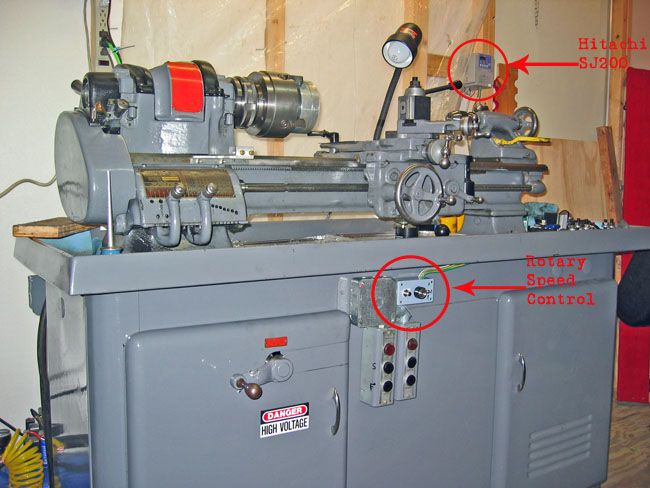S
swa
Guest
I have a Logan 11" and was looking at getting a VFD. The lathe motor is a 3/4hp. I here that the older motors don’t hold up well to the VFD as the winding insulation is not adequac enough or something. So I need some help from the pros what vfd do you recommend?
Please help...
Thanks in advance!!!!
Chris
Please help...
Thanks in advance!!!!
Chris


